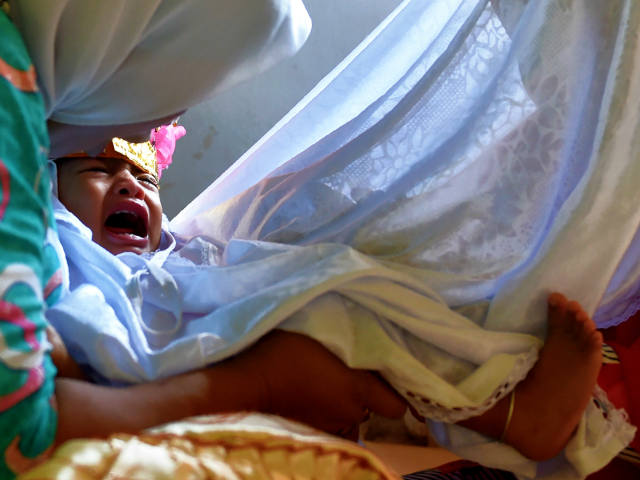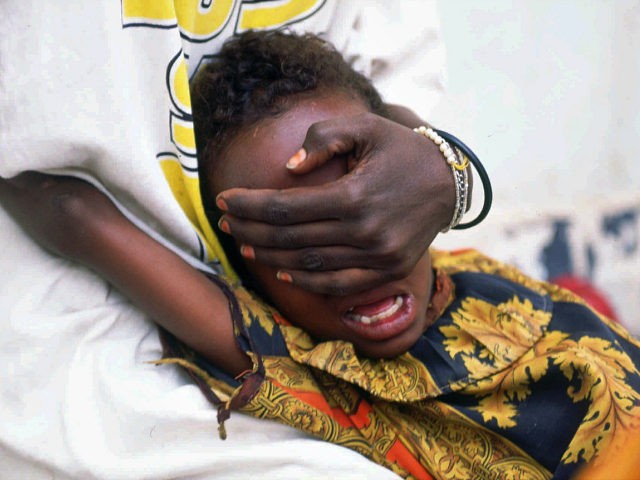Cases of female genital mutilation (FGM) top 230 million worldwide and show no sign of slowing down, UNICEF said in a report released Friday, citing a dramatic increase of 15 percent since 2016 with most cases being reported in Africa.
FGM can include partial or total removal of the clitoris as well as the labia minora, and suturing of the vaginal opening to narrow it, in the incorrect belief the cut can control women’s sexuality and make them more likely to be obedient to religious and social restrictions.
The practice has been known to cause fatal bleeding or infections, and can also have long-term consequences such as fertility problems, childbirth complications, stillbirth and painful sexual intercourse, AFP reports.
“It is indeed bad news. This is a huge number, a number that is bigger than ever before,” said Claudia Coppa, lead author of the report released to coincide with International Women’s Day.
The AFP report sets out Africa is home to the most number of FGM cases with more than 144 million, ahead of Asia (80 million) and the Middle East (six million), according to the survey of 31 countries where the practice is common.

File/In this photograph taken on February 20, 2017, toddler Salsa Djafar cries as a healer conducts a circumcision, in Gorontalo in Indonesia’s Gorontalo province. (BAY ISMOYO/AFP/Getty)
“We’re also seeing a worrying trend that more girls are subjected to the practice at younger ages, many before their fifth birthday,” UNICEF chief Catherine Russell said in a statement.
“That further reduces the window to intervene. We need to strengthen the efforts of ending this harmful practice.”
The report also showed that four in every 10 survivors live in conflict-torn countries with high population growth rates, claiming political instability disrupts efforts prevent the practice and provide support to victims.
“Ethiopia, Nigeria and Sudan account for the largest numbers of girls and women who have undergone female genital mutilation in conflict-affected countries,” the report said.
FGM is usually carried out on young girls between infancy and the age of 15, most commonly before puberty starts.
In 2012 the U.N. passed a resolution to ban it but for the most part the globalist organization has been ignored.


COMMENTS
Please let us know if you're having issues with commenting.